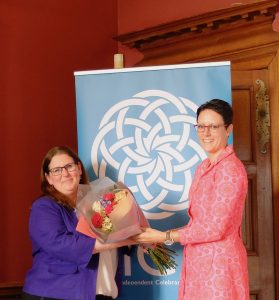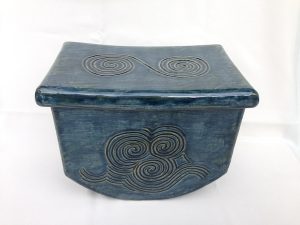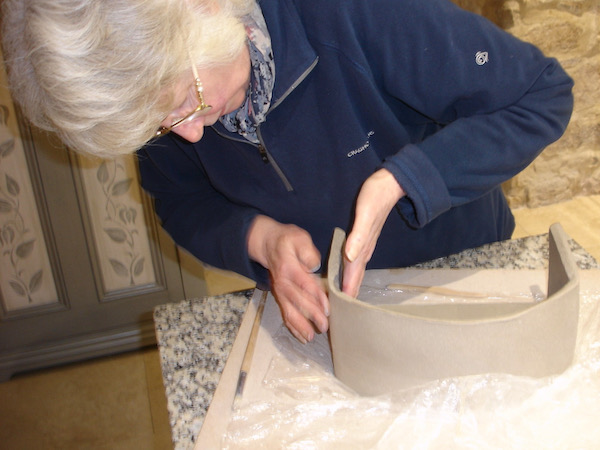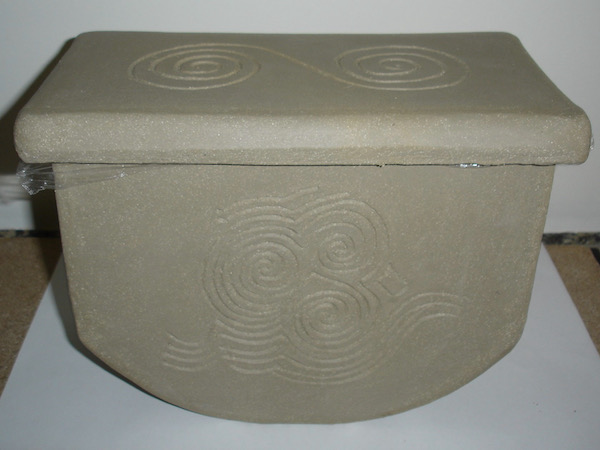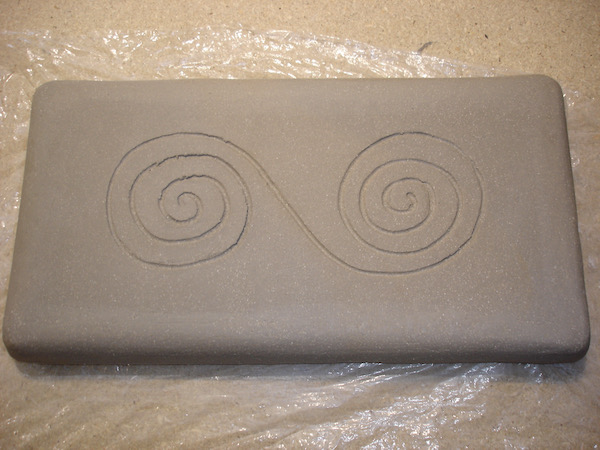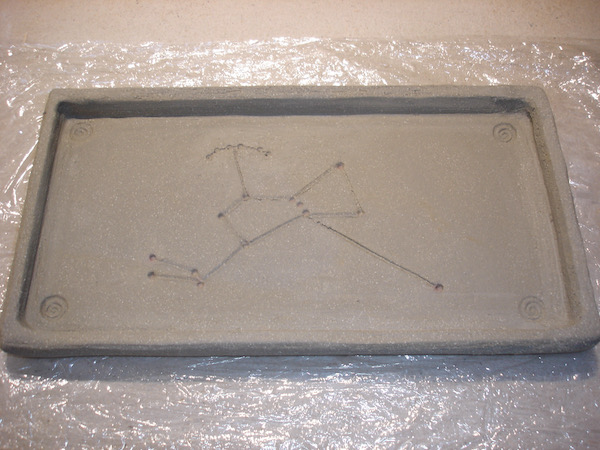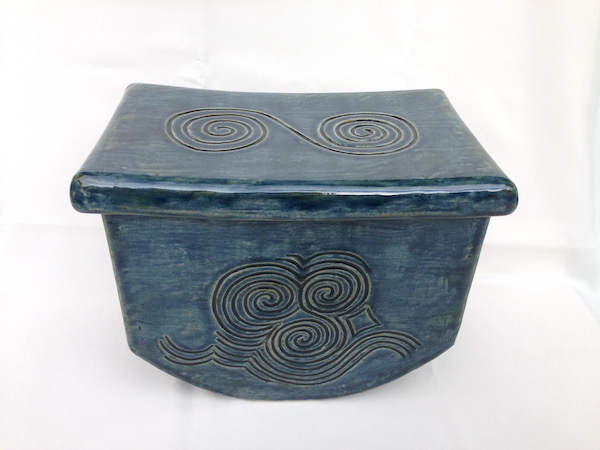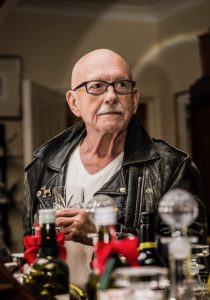Last year one of my closest friends, Bryan Bale, died after a long illness. On Monday I conducted a one year on memorial on Zoom. It was pure coincidence of course but Bryan, always a proud Welshman, died on St David’s Day. And so we thought it would be fitting to hold an anniversary memorial on that day.
Being ill for a long time meant that Bryan was able to plan for his end of life care. He also spoke to me not just a friend but as a funeral celebrant about his wishes. He had decided that he didn’t want anyone present at the crematorium at all. But for us all to gather a few weeks later and celebrate his life with a party.
We were able to honour the first part of his wishes but we put the party on hold because of the COVID lockdown. As the one-year anniversary approached we thought about postponing again …. but it has been so difficult to plan. So instead we opted for an online web ceremony.
Obviously it would have been lovely to meet up in person (and I hope we can still do that). But Bryan had friends in many countries and it would have been difficult for them all to attend. Lots of travel.
So Zoom has many advantages. Just under 40 people attended, from England, Scotland and Ireland as well as Wales of course. But also Denmark, France, Switzerland, Portugal, Israel, The United States and Australia! A really international gathering.
Even so, some people weren’t able to attend but another advantage of this type of event is that they were able to record a little message in advance that I could play during the memorial. And that is also an option for people who find it difficult to speak live. These little recorded tributes don’t need to be long; two or three minutes is often enough time to say what you want to express.
And they don’t all have to be spoken tributes. One friend played a little piece of music on the guitar and I set this to some photos. Another friend, singer and artist Martin McCann recorded a favourite song of Bryan’s.
We showed a clip from a film that Bryan’s friend Angela Clarke had made about Bryan’s life as a gay man in the London of the 60s, Bachelor 38. And we were even able to play a recoding of Bryan himself, reading some poetry and singing a song.
One special feature of the evening was participation. Not just in lighting a candle together. And not just because we opened up to a sort of “virtual wake” after the main part of the memorial was done.
But also because another friend, Rupert Kirby, who is a food blogger and cook, suggested we all prepare something to eat during the evening and he provided some “Bryan-themed recipes” on his blog as well as a lovely personal tribute. It’s a great idea for building connections and participation, even on the sometimes impersonal medium of Zoom.
I still hope that we can get together but Monday showed we could have a fitting and worthy tribute by gathering in a virtual space and I’d like to say a huge thank you to everyone who contributed.
Michael Hannah, Dundee, 4 March 2020


